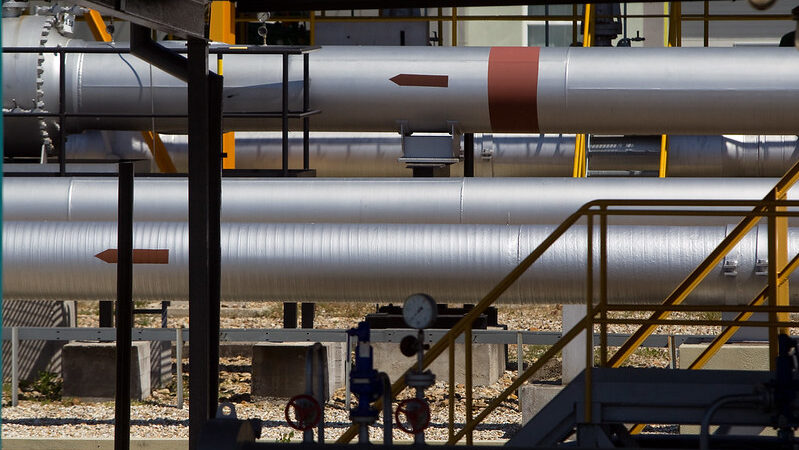Tensions between Budapest and Kyiv have continued to escalate after a series of deliberate attacks on the Druzhba (‘Friendship’) oil pipeline, which delivers Russian crude oil to Hungary and Slovakia. Hungarian officials have called the strikes “outrageous and unacceptable,” accusing Ukraine of threatening their national energy security.
Gergely Gulyás, chief of staff to Prime Minister Viktor Orbán, called the attacks “violations of national sovereignty” and reminded Kyiv that 40% of its imported electricity comes from Hungary. Slovakia’s Foreign Minister Juraj Blanár added that 10% of Ukraine’s diesel imports are refined from Russian oil in Slovakia, warning that the strikes could ultimately hurt Ukraine itself.
Hungarian Foreign Minister Péter Szijjártó also reminded his Ukrainian counterpart that a substantial part of Ukraine’s electricity comes from Hungary, and that Budapest could resort to the dramatic response of shutting it down, which would make it very hard for Kyiv to find suppliers.
Now Ukraine is downplaying the threat of Hungarian retribution, but the impact on the Ukrainian economy may be much worse than they think.
Olena Lapenko, General Manager for Security and Sustainability at DiXi Group, a Ukrainian think tank specializing in energy matters, told Ukrainian EvroPravda that, were Hungary to block electricity delivery “in the winter, during peak consumption hours, such a blockage would indeed create serious risks.” But EU mechanisms, Lapenko opined, would make it unlikely:
The electricity market is governed by EU law, so only the Hungarian transmission system operator MAVIR can declare a crisis situation and limit flows. The electricity itself, which enters Ukraine, is purchased not only on the Hungarian market, but also through other channels.
Politically, Orban could declare a “state of emergency,” but then interfering in the transmission system operator’s work would trigger a reaction from the European Commission, which threatens to worsen relations between Budapest and Brussels.
Even if Budapest should hit back by blocking electricity transfers to Ukraine, Lapenko said, “it will be a serious challenge, but not a catastrophe.” She also saw the disruption of the Druzhba pipeline as “a chance for Brussels to put more pressure on Budapest and Bratislava to accelerate diversification and the final abandonment of the Russian resource.”
But other energy analysts argue that Hungary still holds leverage. It currently supplies Ukraine with around 680 megawatts of electricity, 40% of its total imports. Hungary has also become a key transit point for natural gas, with volumes to Ukraine increasing several times over the past three years. A sudden cutoff would not collapse Ukraine’s grid, experts say, but it would be deeply disruptive, especially in winter, and would force Kyiv to buy at higher prices elsewhere.
The foreign ministers of Hungary and Slovakia last week co-signed a letter to EU foreign affairs chief Kaja Kallas, urging immediate action to protect the infrastructure critical to member states. But instead of a concrete plan, Brussels offered a dismissive reply—pointing to strategic reserves in Hungary and Slovakia and insisting there was “no immediate threat.”
For Budapest and Bratislava, the response was a clear display of the priorities of Eurocrats: Ukraine comes first, ahead of the needs of member states—especially if those member states refuse to toe the line on the Brussels agenda.
